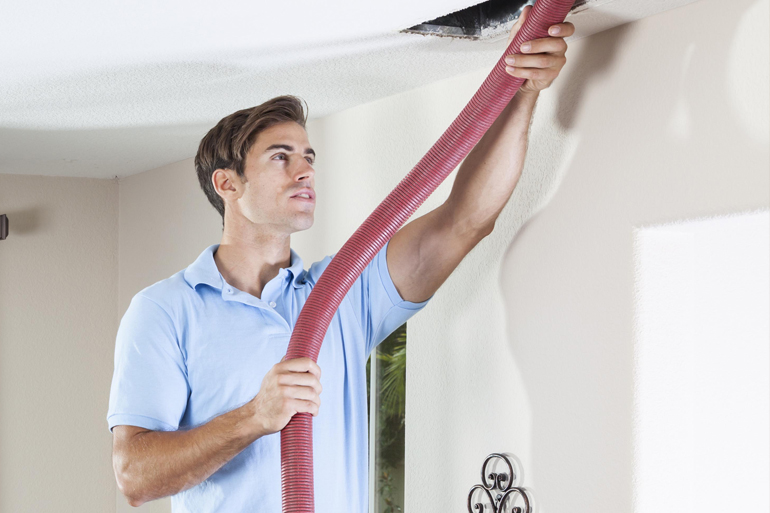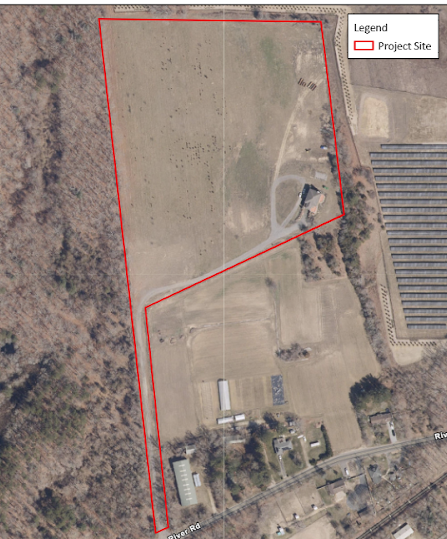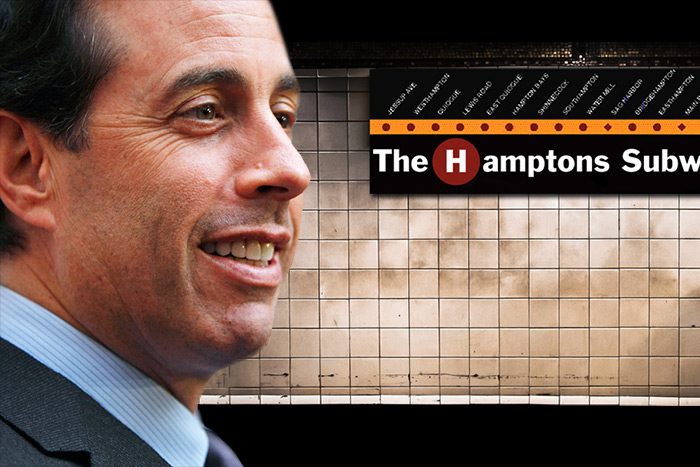Mildew Busters Shares Mold Remediation Tips, Tricks and Misconceptions

Mold can become a problem in all homes, whether your house is new or old. If you find mold or mildew in your home, it’s very important to make sure you know how to handle it. Dan’s Best of the Best Hall of Fame Honoree Mildew Busters offers some tips and tricks, as well as some valuable information on how to tackle mold remediation.
What are some warning signs that you need to call a mold/mildew expert?
A musty smell in your basement or living area. Signs of mildew and or mold on sheetrock ceilings, walls, or basement rafters. Also, outside on the northern exposure of your siding. This mold can get inside and propagate.
What should you do when you find mold/mildew in a new or recently renovated home?
First, do not try and remedy it yourself by putting bleach on it. Contrary to popular belief, bleach does not kill mold. It kills the pigment in the mold, but leaves the organism. When you rinse it with water, you actually end up feeding it so it will return again. Call an expert in mold remediation.
How can homeowners take steps to prevent mold and mildew from building up?
Mold can only grow when you have two factors in your home: 40° Fahrenheit and 60% humidity. If you have both of those, and most homes do, especially in attics or basements, you will get mold, especially on porous surfaces like sheetrock, wood, ceiling tiles and insulation. You need a proper dehumidifier to drop the humidity levels in your home. Mildew Busters installs such dehumidifiers. The ones that can be bought at appliance stores or department stores are not powerful enough to do an entire house or even your basement. They are designed to do a bedroom or a study. They also cost about a dollar a day to run—the proper units cost about 75% less.
What is a common misconception about mold/mildew buildup, prevention or removal?
That it’s a situation the homeowner can fix—it isn’t. As previously mentioned, bleach will not kill mold. Also, when you put bleach on mold, you risk releasing toxic gasses that, if inhaled, can cause damage to your sinuses and lungs. If you see what you think might be mold, call an expert. Do not attempt to remove it yourself, particularly if there are pets, children or elderly people in the home. They are most susceptible to mold-related illness.
At what point does mold/mildew found in the home become dangerous to your health?
When it is seen. Mold is constantly releasing spores as it propagates. These spores travel throughout your home, either airborne or in your ductwork. If you see mold, pick up your telephone and call an expert. They can determine the types and extent of the mold, and then design a remediation plan to rid your home of it forever.
Find more information about Mildew Busters at mildewbusters.com.









